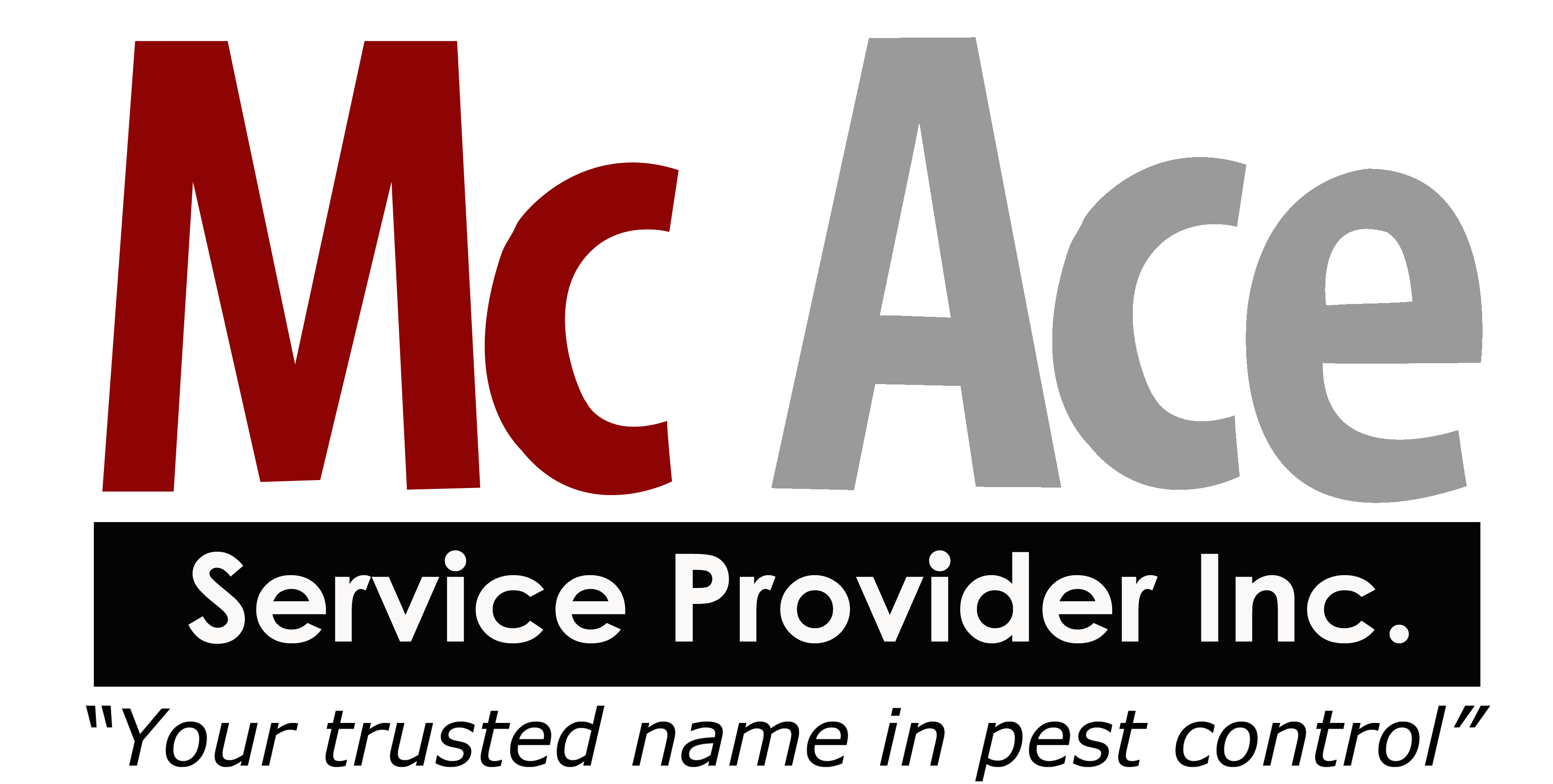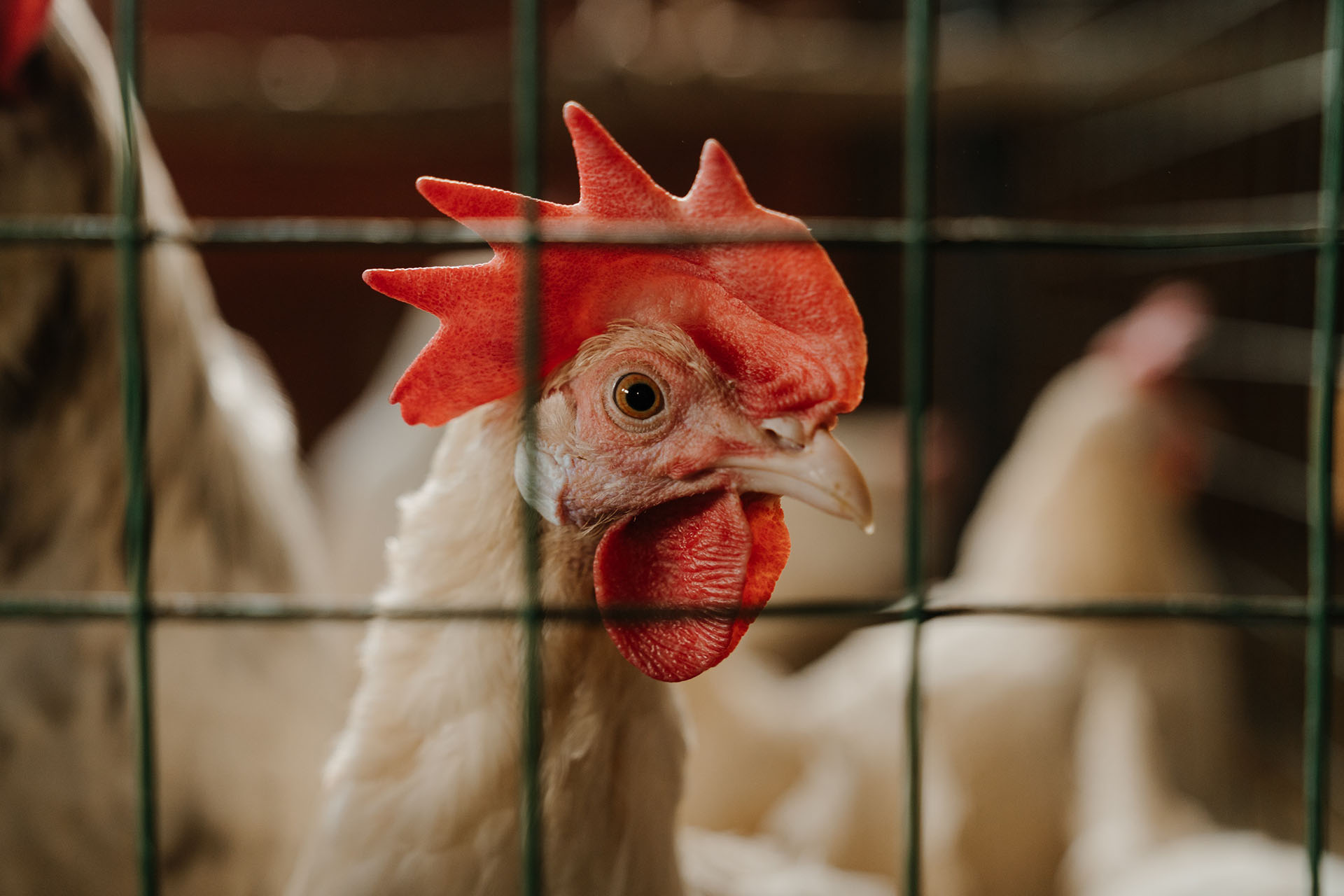Poultry production is an essential industry in Philippine agriculture. Almost every fast food, restaurant, and eatery around you surely serves chicken and eggs, an integral part of the daily Filipino diet. This is why commercial poultry farms all over the country produced at least 1.81 million metric tons of liveweight chicken in 2020 alone.
More than protection from avian flu and other diseases, one of the main concerns of poultry farm owners is pest control, particularly fly control and management. Fly swarms are attracted to poultry wastes, feeds, and by-products, but fly around and infest the surrounding areas as well. Fly infestation poses health risks for both humans and poultry as they are carriers of diseases such as Salmonella, Pasteurella, Campylobacter and E.coli, and it is important that poultry farms have integrated fly control and management systems in place.
But how is it done?
How to control flies in poultry production
As in any other pests, the first step is to understand the biological life cycle of the animal. All flies go through four life stages: egg, larva, pupa, and adult fly. The entire life cycle from egg to adult fly spans from only 7 to 10 days. With this short lifespan, flies seem to reproduce in an exponential manner.
In this regard, the next step is to stop them from breeding. How? There are 4 parts that make up an effective integrated fly control program: cultural/physical, biological, mechanical, and chemical control.
Cultural/Physical Fly Control in Poultry
The most effective control is cultural/physical treatment, making sure that the chicken coops and it surrounding areas have the best sanitation and ventilation systems. Cleaning your flocks’ home greatly helps in getting rid of flies, because flies are attracted to manure, muck, excess feeds/food, and everything else edible in chicken coops.
Cultural/physical fly control also involves management of poultry manure. Flies easily reproduce in wet manure, or those with moisture content of 50-85%. It means, therefore, that it is important to make sure the place is dry and that the chicken wastes dry up fast. Proper regular manure removal systems must also be in place. These are just a few strategies and physical control, but what you have to note is proper sanitation and ventilation of the cages.
Biological Fly Control in Poultry
In terms of biological forms of fly control, this refers to living organisms (parasites and predators) that can mitigate breeding of flies. These beneficial organisms include predacious mites, tiny parasitic wasps, and small black hister beetles. These insects eat house fly eggs, larvae, and pupae.
With cultural/physical controls in place and proper drying of manure, mite and hister beetle populations can grow in numbers. Other insects can also compete for the nutrients in poultry manure, such as the darkling beetle and dermestid beetles. New biological control agents are now also available commercially such as the natural pathogenic fungus Beauveria bassiana that has been formulated as product that can be sprayed directly over poultry manure and can kill newly emerged adult flies.
Mechanical Fly Control in Poultry
Mechanical fly control in poultry farms in the Philippines commonly involve traps and protective structure. However, these methods do not directly stop the flies from breeding. It rather prevents adult flies from entering their food sources. Screens and fly traps are the most commonly used methods of mechanical fly control.
Poultry farm owners most often have these set up already in the chicken coops, but as previously mentioned, the best approach to fully diminishing the fly population is by stopping them from breeding and keeping them away from their food sources.
Chemical Fly Control in Poultry
Lastly, chemical solutions are also used to further manage fly reproduction. However, this must be on top of the sanitation, ventilation and management measures as discussed above. Insecticides are used to prevent flies from breeding. Poultry owners should closely monitor fly populations to assess the scope of the infestation as this will define what, how and when to use chemical insecticides in their existing fly control program.
It is crucial that there is proper timing and expert knowledge in the use of chemical solutions, because some fly populations can be resistant to this treatment and further increase reproduction. For chemical fly control, it is best to consult experts in pest control companies that implement sprays, baits, and feed additives. A number of insecticides are available under various trade names for use as: larvicides, baits, resin strips, residual sprays, mists, fogs, and space sprays.
You may consult your feed supplier about recommended materials for poultry houses and consult a pest control company for an integrated pest management solution. Better yet, click the INQUIRE NOW button for a quick callback. If you need more information, you can also seek the help of your local city/municipal agriculture officer.

